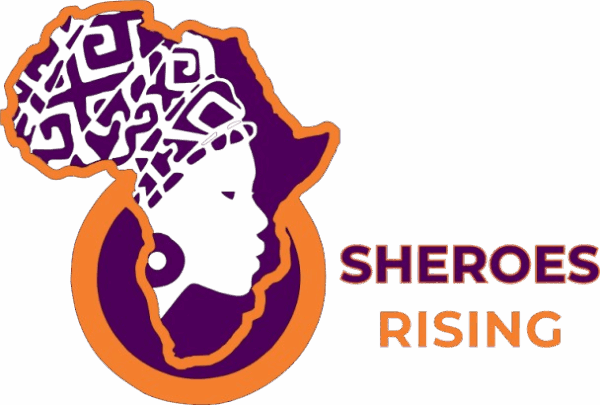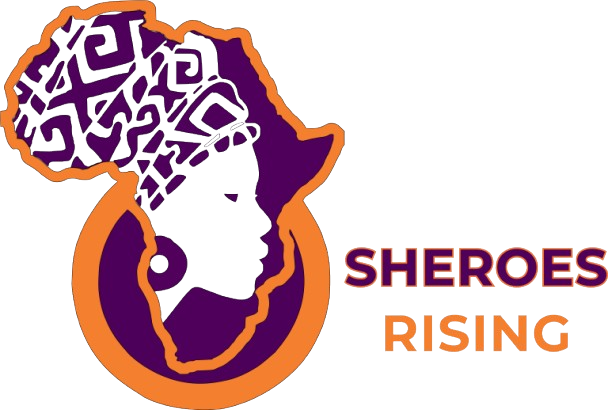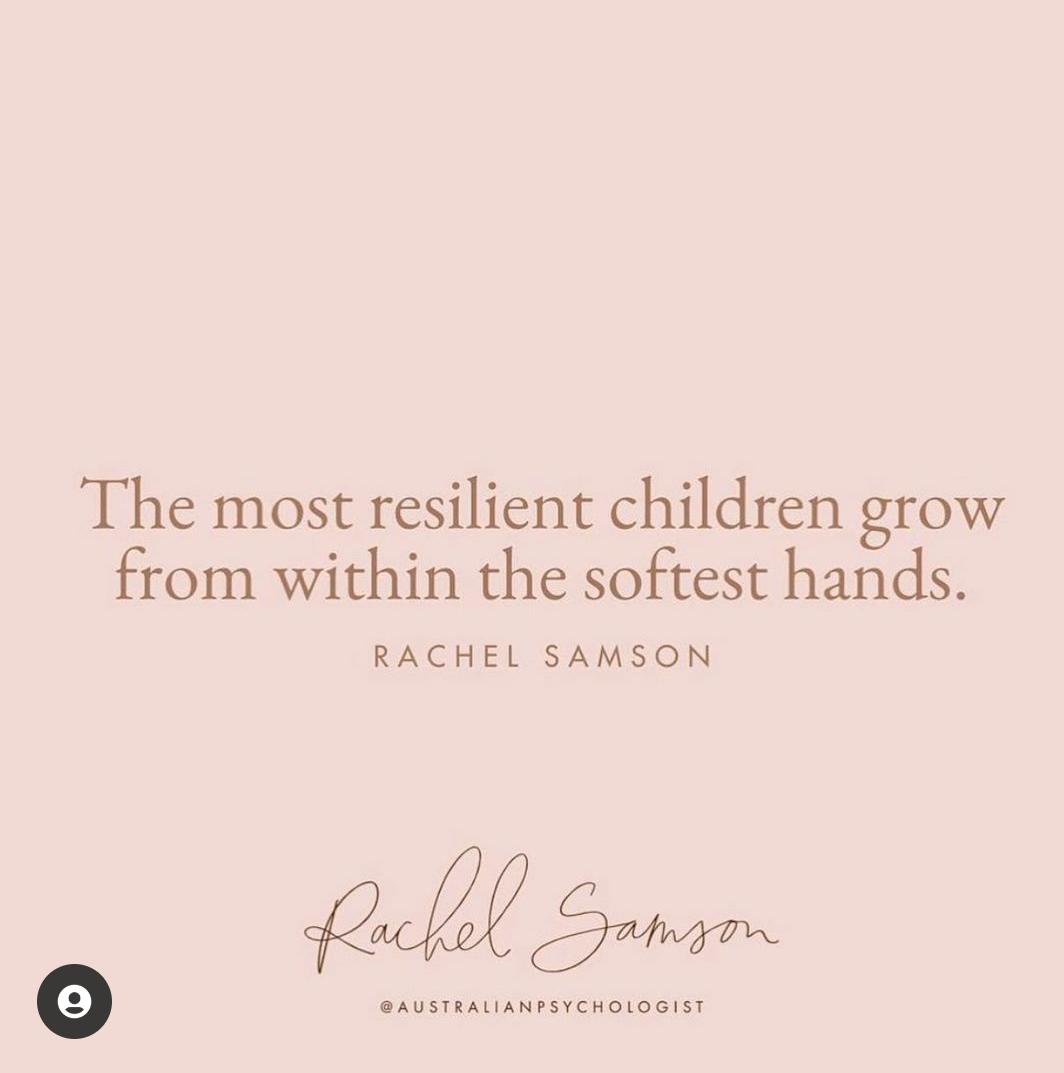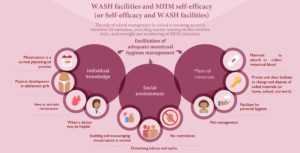The idea that gentle, sensitive, and respectful parenting will damage, spoil, or weaken children is a myth perpetuated by the belief or fear that children will lack resilience if they are not hardened up by parents or caregivers.
This belief is what created the popular adage used in cultural and religious contexts of ‘spare the rod and spoil the child’.
Yet there is no scientific or psychological evidence that this belief is true.
According to over sixty years of psychological research on child development and parenting, the most resilient and confident children are those who receive the most sensitive parenting.
Parenting/caregiving is classified as ‘sensitive’ when certain factors and criteria have been fulfilled.
- The parent or caregiver is accessible to the child.
- The parent or caregiver can accurately read the child’s physical and emotional needs.
- The parent or caregiver responds to those needs promptly and sensitively in ways that alleviate the child’s stress and/or fulfill the need most of the time.
“Remember, the most resilient children grow from within the softest hands”
-Rachel Samson
Sensitive parenting takes into account the child’s developmental stage and capacities; supporting the child’s development without pushing the child beyond what they are ready for and not holding the child back when they indicate that they are ready to engage in a new task, activity, situation, etc.
According to child psychologist Rachel Samson, sensitive parenting is not us pushing our agenda onto our child, rather it is about following our child’s lead wherever possible, and taking charge only when necessary.
As children communicate through words and behaviors to let us know what they need, the key to effective parenting is responding sensitively to their needs for closeness, comfort, soothing, for autonomy, for support, for self-assertion, for validation, for freedom to express their emotions, for affection, for cuddling, for protection, to try new skills on their own, for freedom to be themselves and to develop at their own pace.









